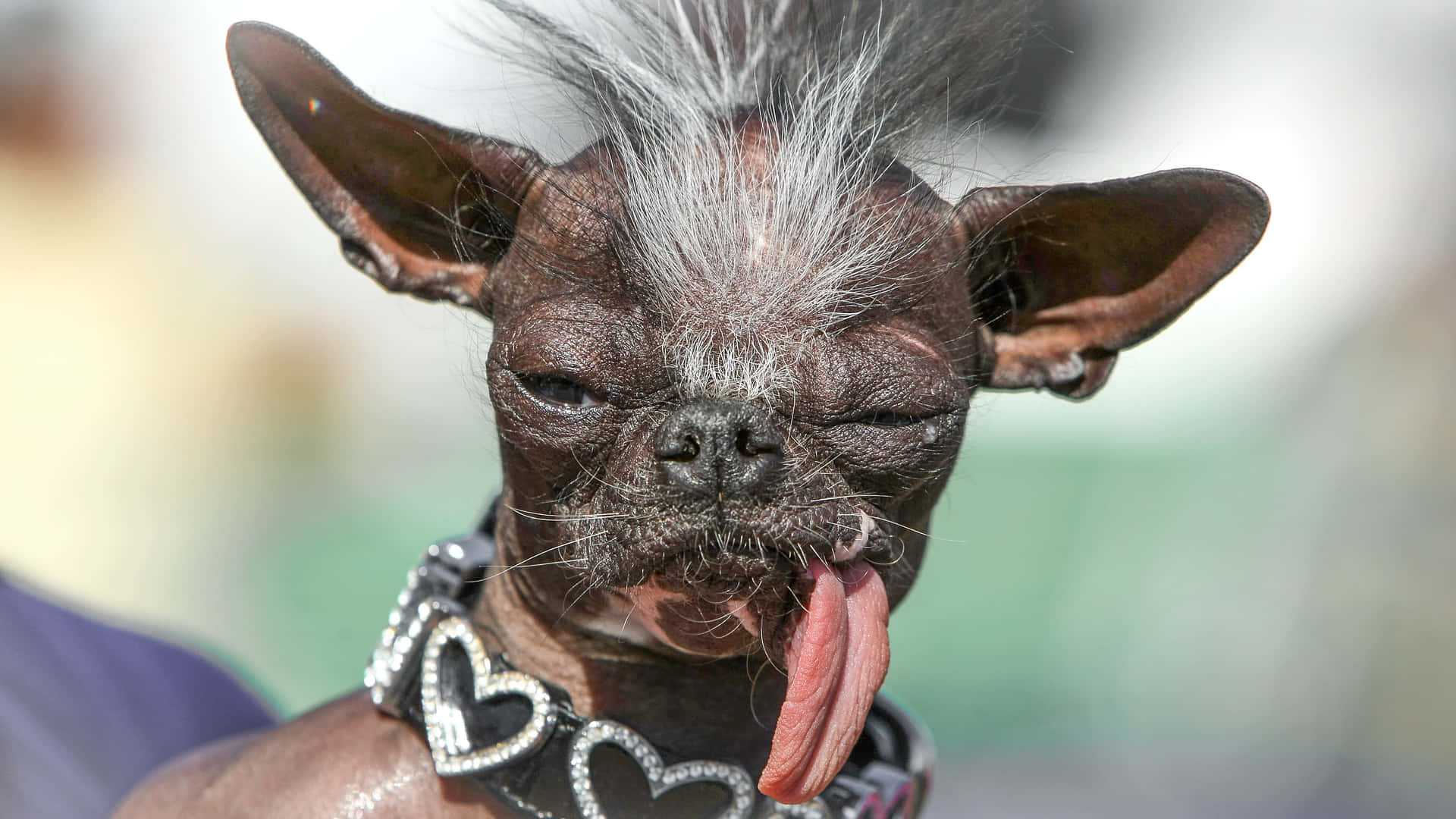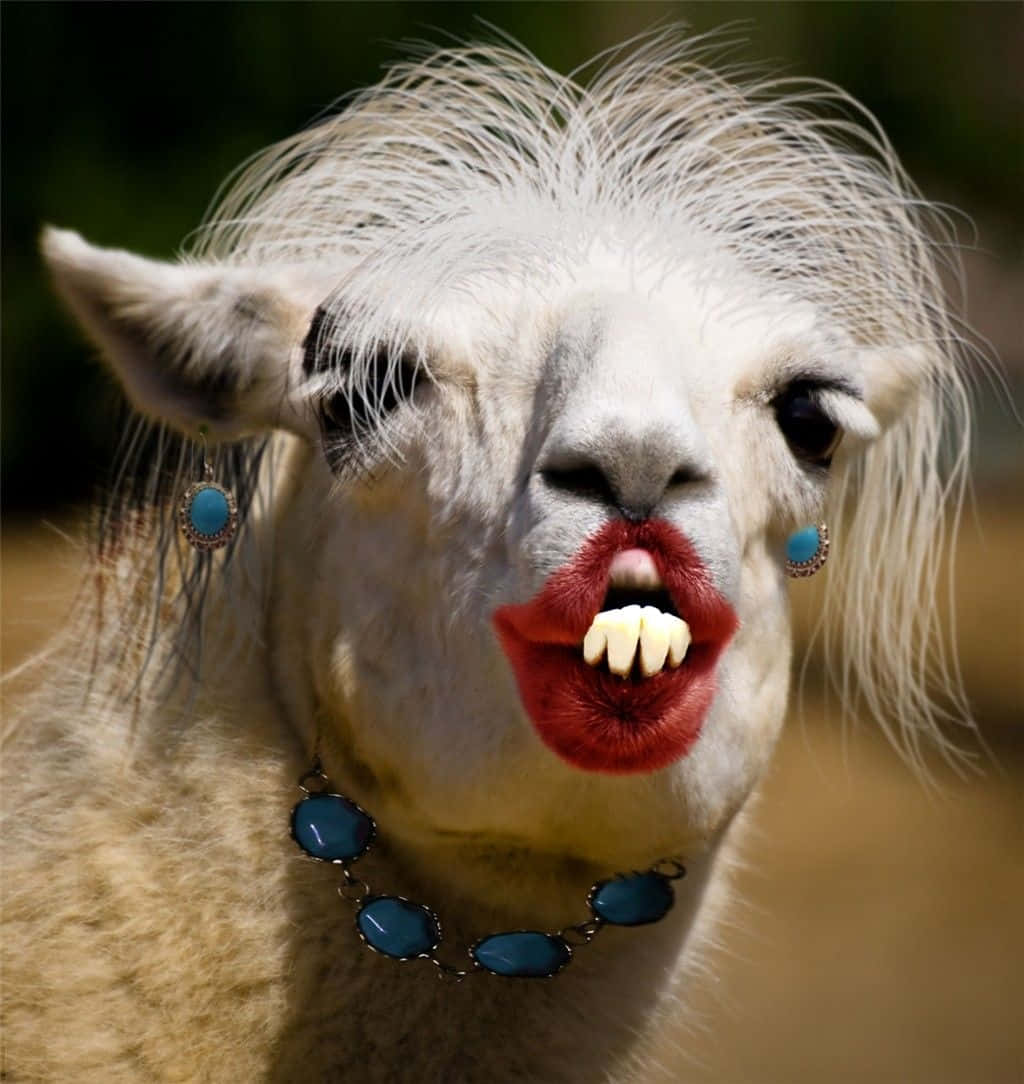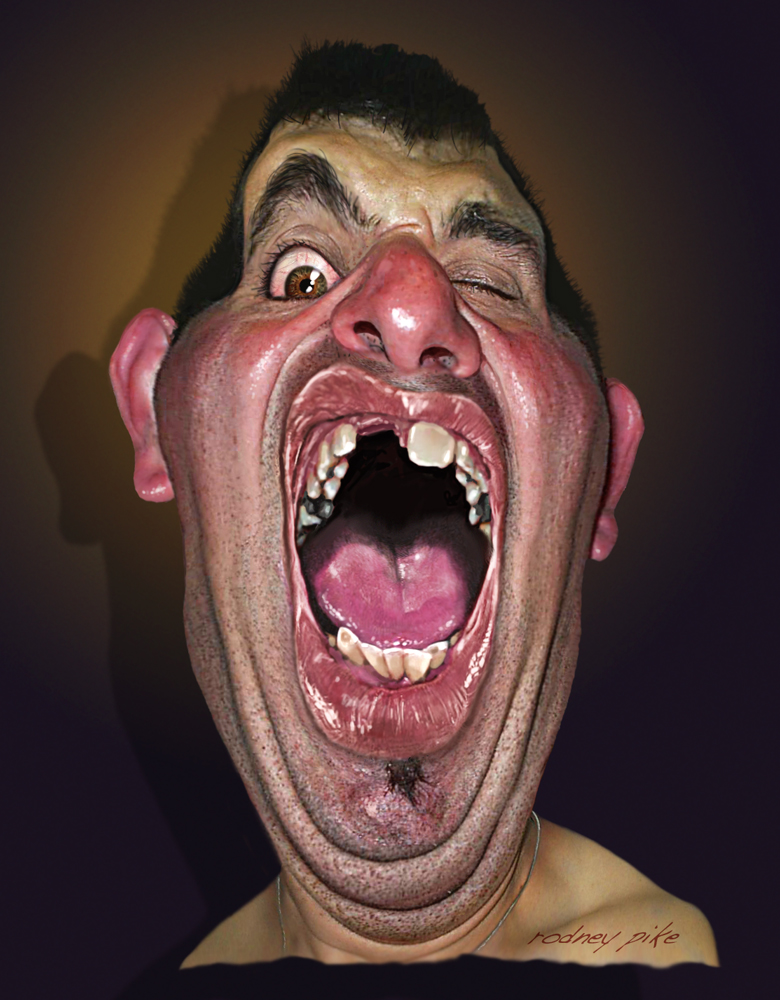It's interesting, isn't it, how we often talk about beauty in the public eye? There's this idea, a kind of general agreement, about what looks appealing or striking. But what happens when someone in the spotlight doesn't quite fit into those familiar boxes? We're often quick to label, to put people into categories, and sometimes, that can lead to some rather strong opinions about how someone appears.
You know, there's a lot that goes into how we see others, especially those we watch on screens or read about in magazines. It's not just about what's on the surface; it's also about what we've been taught to value, what stories we hear, and even how a person carries themselves. Sometimes, what one person finds displeasing, another might see as something quite unique and even captivating, so it's almost a fluid thing.
This discussion isn't about pointing fingers or making anyone feel small. Instead, it's about looking at the very idea of "ugly" as it's sometimes used in conversations about famous people, and how those perceptions can really shape things. We'll explore what that word means, how it gets applied, and why it's worth thinking a bit more deeply about the faces we see in public life, basically.
- What Happened To Lex Lugar
- Who Made The First Duck Call
- Lil Uzi Vert Net Worth
- Si Robertson Death
- Silk Bennett
Table of Contents
- What Does "Ugly" Even Mean, Anyway?
- The Public Gaze and "Ugly Women Celebrities"
- How Do Perceptions of "Ugly Women Celebrities" Shift Over Time?
- Beyond the Surface - The Substance of "Ugly Women Celebrities"
- Is "Ugly" Just a Matter of Opinion for "Ugly Women Celebrities"?
- Challenging the "Ugly Women Celebrities" Label
- What Role Do Media Play in Labeling "Ugly Women Celebrities"?
- Understanding Public Figures - A Look at Their Backgrounds
What Does "Ugly" Even Mean, Anyway?
When we talk about something being "ugly," what exactly are we getting at? The word itself carries quite a bit of weight, you know. It can suggest something that's quite displeasing to look at, something that might even seem a bit unpleasant or threatening in its appearance. It's a word that really gets to the core of how we react to visual things, basically.
For some, "ugly" might simply mean something that isn't appealing to their personal sense of beauty. It could be something that just doesn't sit right with what they consider attractive. It's a rather strong way to describe something that seems very unattractive or displeasing in its look, in a way.
But the idea of "ugly" isn't always just about how something looks. Sometimes, it can describe behaviors or actions that are truly unfavorable, or even situations that feel quite difficult or dangerous. So, while it often refers to how someone appears, it could also point to something that feels quite unpleasant or even repulsive in a broader sense, apparently.
The Public Gaze and "Ugly Women Celebrities"
It's fascinating to think about how public figures, particularly women, are viewed through this lens of appearance. There's a constant conversation happening about who is considered appealing and who might be seen as less so, sometimes even using words like "ugly women celebrities." This isn't just about individual taste; it's often shaped by what society expects from those in the public eye, you know.
When someone is in the spotlight, every little thing about them, from their clothes to their hair, gets talked about. And if they don't quite fit the typical mold of what's considered pretty or glamorous, then some people might quickly use words that suggest they are very unattractive or displeasing. It's a bit of a harsh judgment, really, when you think about it.
This public gaze can be quite intense, placing a lot of pressure on individuals to conform to certain looks. It's almost as if there's a checklist of what makes someone "beautiful," and if a person misses a few points, they might face comments that suggest they are displeasing to the eye. It's a rather tough situation for anyone, especially those constantly under observation, actually.
How Do Perceptions of "Ugly Women Celebrities" Shift Over Time?
Have you ever noticed how what we consider beautiful changes over the years? What was once thought of as the peak of attractiveness might look quite different to us today, and vice versa. This is especially true when we think about how "ugly women celebrities" might be perceived, because what's considered displeasing can also evolve, you know.
Think about fashion trends or even body shapes that have been celebrated in different eras. These things don't stay still. So, someone who might have been seen as very unattractive or unpleasant to look at in one period could, in another time, be appreciated for their unique qualities. It's a rather interesting shift, isn't it?
This suggests that the idea of "ugly" isn't a fixed thing; it's more like a moving target. What one generation finds offensive to the sight, another might see as simply different, or even charming. This constant change means that the labels we put on "ugly women celebrities" are really just reflections of the current moment's tastes, basically.
Beyond the Surface - The Substance of "Ugly Women Celebrities"
It's easy to get caught up in how someone looks, especially when they're a public figure. But there's so much more to a person than just their outward appearance, isn't there? When we talk about "ugly women celebrities," we're often missing the bigger picture of their talents, their personalities, and the work they do, you know.
Someone might not fit the conventional idea of what's considered pretty, but they could possess incredible talent, a sharp wit, or a truly kind heart. These qualities, which are far from displeasing, often get overlooked if the focus is solely on physical traits that some might call very unattractive or unpleasant to look at. It's a bit of a shame, really.
The true appeal of many public figures comes from their ability to connect with people, to make us laugh, to move us, or to inspire us. These are things that have nothing to do with whether someone is considered offensive to the sight. Focusing on these deeper qualities gives us a much richer sense of who "ugly women celebrities" actually are, in a way.
Is "Ugly" Just a Matter of Opinion for "Ugly Women Celebrities"?
So, if what's considered beautiful changes, and if there's more to a person than their looks, does that mean "ugly" is just in the eye of the beholder? When people discuss "ugly women celebrities," is it simply their own personal taste coming through, or is there something more at play? It's a rather good question to ask, you know.
What one person finds displeasing to the eye, another might find perfectly fine, or even interesting. Our personal experiences, where we grew up, and the people around us all shape what we find appealing. So, a judgment that someone is very unattractive or unpleasant to look at is often deeply personal, basically.
This idea suggests that the label of "ugly" isn't an absolute truth, especially when applied to "ugly women celebrities." It's more like a reflection of individual preferences and cultural influences. This makes the term quite subjective, meaning it varies from person to person, in a way.
Challenging the "Ugly Women Celebrities" Label
Despite the sometimes harsh judgments, many public figures who might be labeled as "ugly women celebrities" have shown incredible strength. They don't let those comments define them, and they continue to shine in their chosen fields. This resilience is truly something to admire, you know.
These individuals often become powerful examples, showing everyone that your worth isn't tied to fitting a narrow idea of beauty. They prove that talent, hard work, and a strong sense of self can overcome the idea of being seen as very unattractive or unpleasant to look at. It's a rather inspiring message, honestly.
By simply being themselves and pursuing their passions, these "ugly women celebrities" challenge the very notion of what "ugly" means. They encourage us all to look beyond the surface and appreciate the diverse forms of human expression and achievement, in a way.
What Role Do Media Play in Labeling "Ugly Women Celebrities"?
The media, in all its forms, has a huge influence on how we see the world, and especially how we see public figures. When it comes to labels like "ugly women celebrities," the way stories are told and images are presented can really shape public opinion, you know.
Newspapers, magazines, and even social media platforms often highlight certain features or present individuals in ways that either conform to or challenge beauty standards. If a person is consistently shown in an unflattering light, or if their appearance is constantly critiqued, it can certainly contribute to the idea that they are very unattractive or unpleasant to look at. It's a rather powerful tool, actually.
This means that the media has a responsibility to consider the impact of its portrayal of "ugly women celebrities." How they choose to frame a person can either reinforce harmful stereotypes or help to broaden our collective idea of what is considered appealing and valuable, basically.
Understanding Public Figures - A Look at Their Backgrounds
When we think about public figures, personal stories often shape our views. While this article does not focus on one specific person, it's worth considering how a personal background might be presented and how those details could, in a way, influence how we perceive someone, even if initial impressions suggest they are very unattractive or unpleasant to look at. Knowing someone's journey can really change your perspective, you know.
Every person, including those who become public figures, has a unique history, a set of experiences that have made them who they are. These details, whether about their early life, their education, or how they got their start, can add so much depth to our understanding. It's a rather important part of their story, basically.
If we were to look at the details of a public figure's life, we might see how their upbringing or their challenges shaped their character, making them more than just a visual impression. This fuller picture helps us move past superficial judgments and appreciate the whole person, in a way.
Here's an example of how personal details might be presented if we were to discuss a specific public figure:
| Detail | Information |
|---|---|
| Full Name | [Placeholder Name] |
| Date of Birth | [Placeholder Date] |
| Place of Birth | [Placeholder City, Country] |
| Occupation | [Placeholder Profession] |
| Known For | [Placeholder Achievements/Contributions] |
| Early Life Notes | [Placeholder brief description of upbringing or formative experiences] |
| Career Highlights | [Placeholder key milestones or significant works] |
In closing, this exploration has looked at the definition of "ugly" as something displeasing to the eye or very unattractive, and how this idea sometimes gets applied to women in the public eye. We've considered how perceptions of beauty change over time, the importance of looking beyond surface appearances to appreciate talent and personality, and how personal opinions and media influence shape these labels. The discussion also touched on the resilience of those who challenge such labels and the role of background information in understanding public figures.
Related Resources:



Detail Author:
- Name : Jacklyn Littel III
- Username : ijacobi
- Email : orin.pagac@hotmail.com
- Birthdate : 2003-07-04
- Address : 367 Nathan Ranch North Erna, NV 15222-2060
- Phone : +1-801-974-6187
- Company : Brekke, McLaughlin and Lowe
- Job : Food Preparation and Serving Worker
- Bio : Illo nisi id nostrum exercitationem. Tenetur dolores animi possimus sed. Cum rerum ut alias impedit aliquid.
Socials
instagram:
- url : https://instagram.com/dawnhowell
- username : dawnhowell
- bio : Soluta ea deleniti eaque vitae quasi iste placeat. Ullam harum non qui rem.
- followers : 1097
- following : 1939
twitter:
- url : https://twitter.com/dawn_howell
- username : dawn_howell
- bio : Ratione saepe perferendis quia culpa. Voluptas provident velit et alias eveniet consequatur.
- followers : 6450
- following : 1994